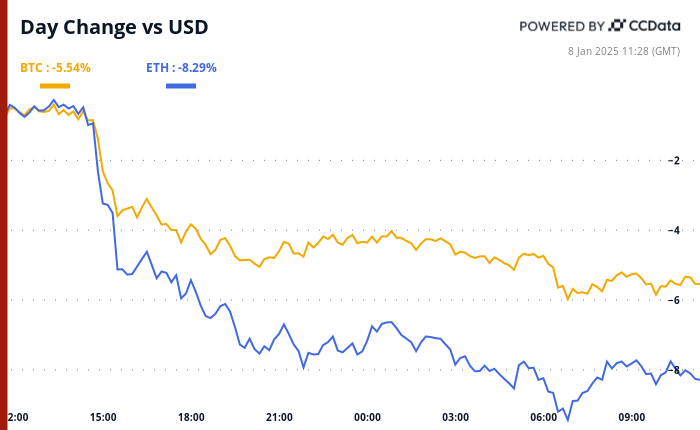Even while the uncertainty on revival of derivatives trading in seven agriculture commodities lingers, it may not attract the investors interest due to the fear of similar punitive action in future. With inflation is still above the government-set target, it will be a difficult call for the regulator to lift the ban.
In December, 2021 SEBI had issued directions to stock exchanges having Commodity Derivatives Segment to suspend trading in derivative contracts of paddy (non-basmati), wheat, chana, mustard seeds and its complex, soyabean and its complex, crude palm oil and moong for a period of one year. Thereafter, the suspension of trading was extended twice till December 2024.
Narinder Wadhwa, MD & CEO, Ski Capital Services said the government’s decision to lift the ban on select commodity derivatives will be influenced by several key factors, including inflation control and pressure from market participants.
Major challenge
However, he said even if the ban is lifted, rebuilding investor confidence could be a significant challenge as the frequent imposition of such bans has eroded trust among key stakeholders like institutional investors, Foreign Portfolio Investors andfarmers’ producer organisations.
Ajay Kumar, Director, Kedia Commodities, said derivatives trading in edible oil and pulses can attract some trading interest if the ban is lifted as these commodities are highly dependent on import.
However, the government will keep a close eye on volatility in these commodities as any spike in prices will have an impact on inflation, he added.
The uncertainty caused by frequent ban has made it difficult for agriculture commodities to regain liquidity as trading volumes plunged. Investors continue to remain cautious on fear of similar policy shifts in agriculture commodities trading.
The trading volume on agriculture focused NCDEX had dipped 6 per cent in October to ₹13,323 crore against ₹14,176 crore logged in the previous month, according to SEBI data. Turnover of MCX was down 15 per cent at ₹45.34 lakh crore (₹53.08 lakh crore).
Incidentally, none of the relaunched derivatives contracts on castor seed and wheat have really taken off. Other than than regulatory uncertainty, lack of complementary and liquid products in the spot market has hampered growth of re-launched agriculture derivative contracts.
Wadhwa said the government and SEBI need to prioritise policy stability and provide advance notice in case of future ban. Liquidity can be enhanced by reintroducing more tradable commodities, incentivising participation from institutional players, and encouraging FPOs to trade commodity markets, he added.









Leave a Comment